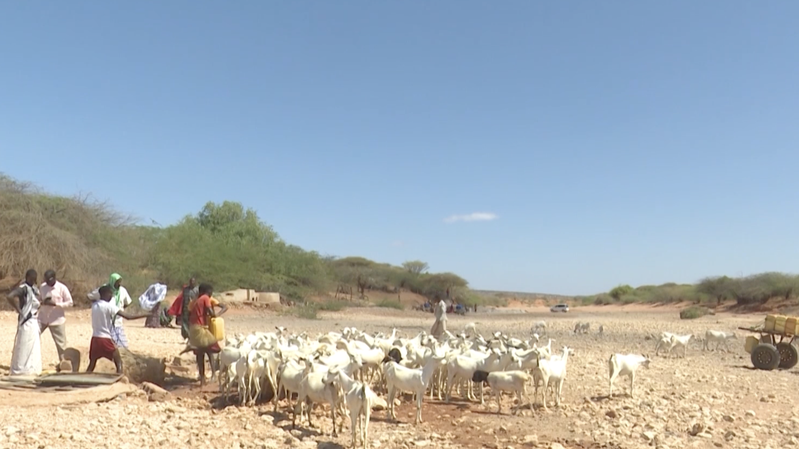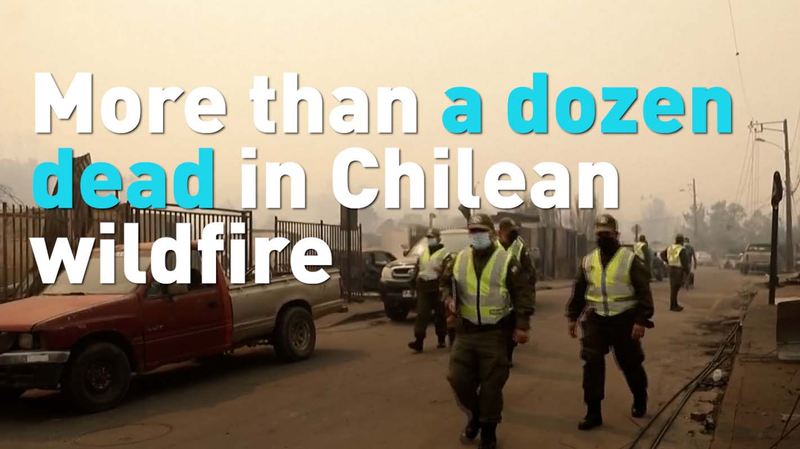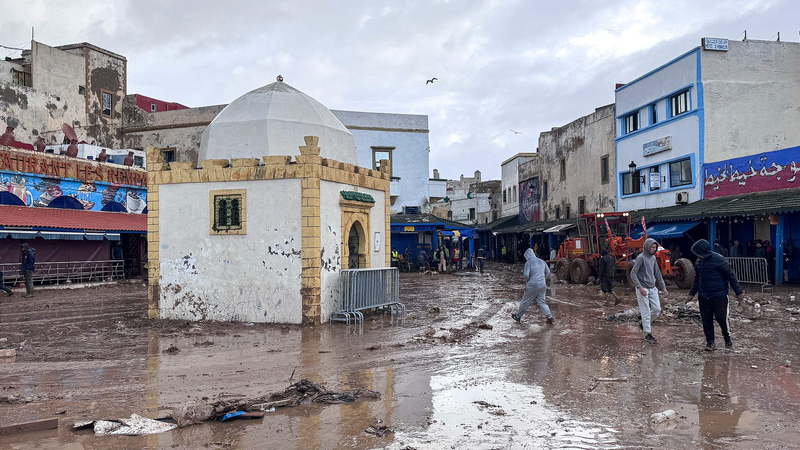Greece is grappling with a severe water crisis exacerbated by soaring temperatures and a boom in tourism. At the heart of this crisis is the Mornos artificial lake, located approximately 150 kilometers northeast of Athens, which has been a crucial reservoir for the Greek capital for decades.
Originally created in 1979 when a dam was constructed on the Mornos River, the lake submerged the village of Kallio. However, this summer brought a startling revelation: as water levels declined, parts of the once-submerged village have resurfaced, serving as a stark indicator of the dwindling water resources.
According to data released by the National Observatory of Athens, the surface area of Mornos Lake has plummeted from around 16.6 square kilometers in July 2023 to just 12.8 square kilometers this July. This dramatic decrease is not an isolated incident. Water reserves across Greece have seen a similar decline, with several islands already confronting water shortages. Prolonged droughts and reduced rainfall and snowfall loom large, threatening other regions in the near future.
The Environment and Energy Ministry revealed on Tuesday that over the past two years, water reserves at Mornos and the other three main reservoirs supplying the greater Athens area have decreased by approximately 30 percent, now totaling about 703 million cubic meters. This is particularly alarming given that half of Greece's population resides in the greater Athens region.
\"There was low rainfall, and in particular snowfall, during the winters of 2022-2023 and 2023-2024,\" explained Dimitrios Emmanouloudis, a professor of Mountain Water Management at the Democritus University of Thrace in northern Greece. His insights highlight the critical interplay between climate patterns and water availability, underscoring the urgent need for sustainable water management strategies.
As Greece navigates this challenging period, the resilience of its infrastructure and the adaptability of its communities will be put to the test. The situation serves as a poignant reminder of the broader impacts of climate change and the necessity for proactive measures to safeguard essential resources.
Reference(s):
cgtn.com




